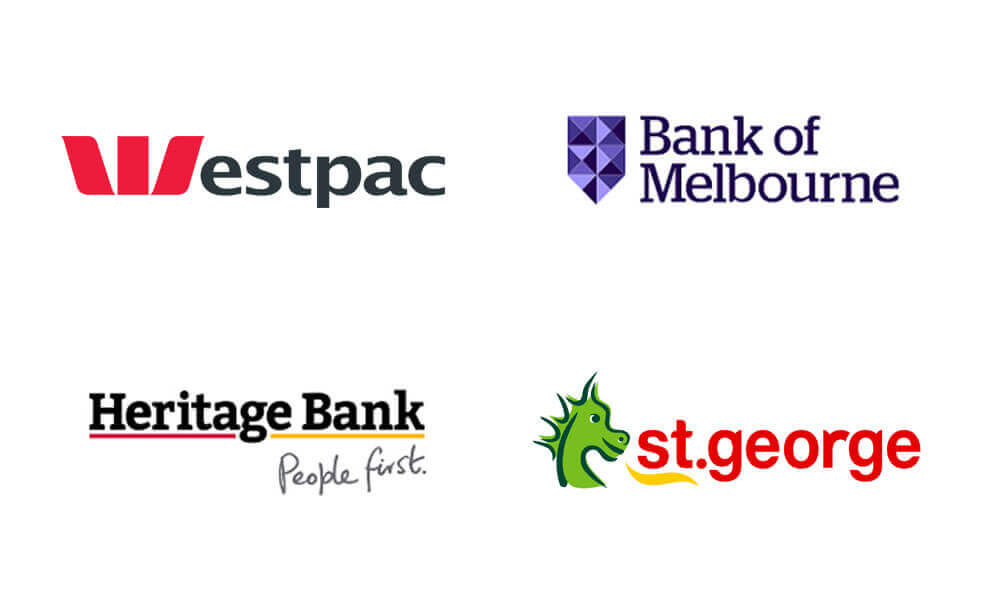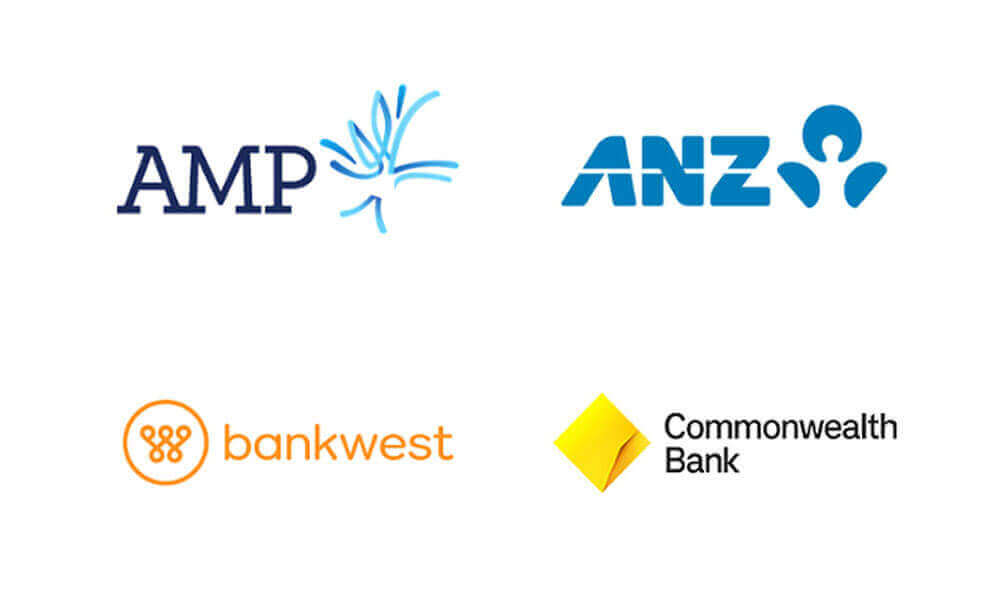
How Do Property Valuers Make Valuations?
Buying a property or refinancing a mortgage? You’ll need to get a property valuation to…

There’s nothing quite like the thrill of finding those words in your inbox: Confirmation of settlement of your property purchase.


The day of settlement can be a mix of excitement and tension. However, once the formalities are concluded, the satisfaction outweighs it all.
If you’re planning a property purchase and are new to the intricacies of settlement procedures, here’s some valuable information tailored for you.
What is Settlement day?
What happens on settlement day?
On settlement day your solicitor or conveyancer will engage with your lender and the seller’s representatives to exchange necessary documentation. In most cases, the buyer and the seller do not need to be present.
Your lender and conveyancer will coordinate with the seller’s representatives to ensure the following:
Once settlement is completed, the keys are handed over by the real estate agent and the property officially becomes yours!
How to prepare for settlement?
1) Be organised with the paperwork.
To facilitate a seamless settlement, it is imperative to promptly provide all essential documents.
For the finance side of things, we’ll guide you through the required paperwork for your loan application.
You’ll also need to work with your conveyancer to complete and submit all the necessary documentation to transfer the property title to your name.
Before settlement, your conveyancer or solicitor will likely get you to review the settlement statement, outlining the precise payments due on settlement day.
2) Conduct a pre-settlement inspection
You’re entitled to inspect the property prior to settlement to make sure it’s in the same condition as when the sales contract was signed. Unpleasant surprises when you open your front door are to be avoided at all costs.
3) Organise insurance
Confirm the deadline for securing your building insurance. It may be from when you sign the sales contract, or by settlement. Regulations vary by state and territory.
Ready to get started?
As your 1st Street Mortgage Broker, we’ll organise pre-approval for your home loan and get your loan application over the line, so that everything runs smoothly come settlement day.
Reach out today and let’s chat about your exciting new property purchase.

Buying a property or refinancing a mortgage? You’ll need to get a property valuation to…

Brought to you by The Blossom App Fixed Income is based on a simple premise:…
Yes, that’s right. You pay zero, zip, nada.
1st Street’s premium service comes at no cost to you! 1st Street is paid by the lender when your loan settles, however, this will not affect your interest rate or loan fees! It is often more cost-effective for a mortgage broker to process a loan rather than the lenders processing it themselves in-house. In fact, we often find that we can save you money by negotiating on your behalf.
Use our online calculators to work out how much you can borrow, loan repayments, stamp duty and lots more.






